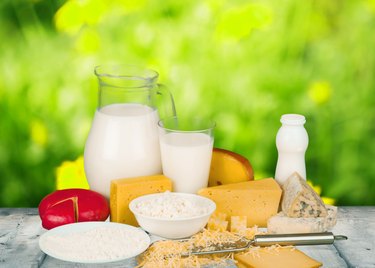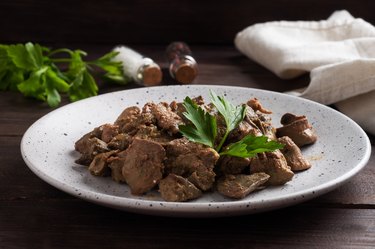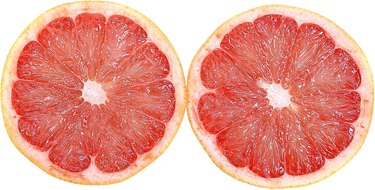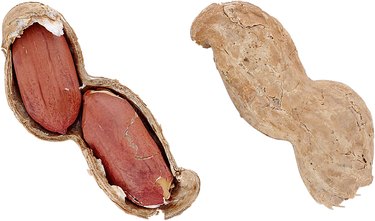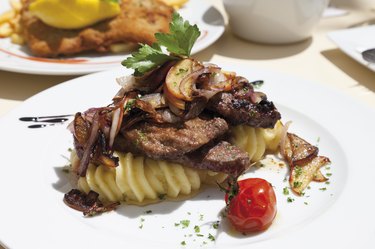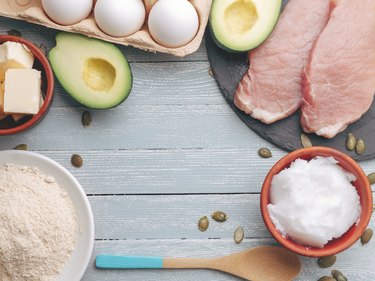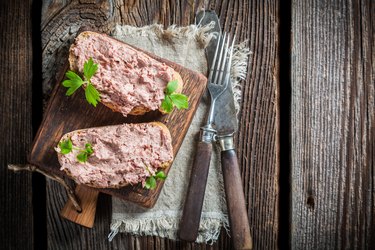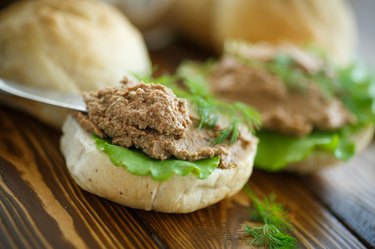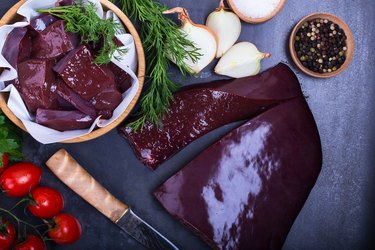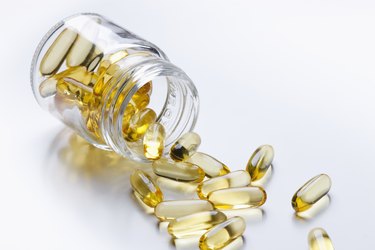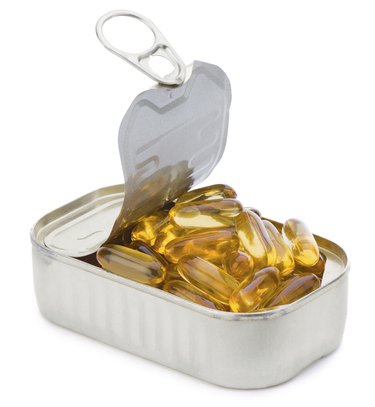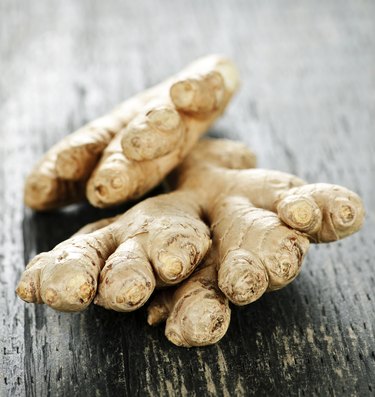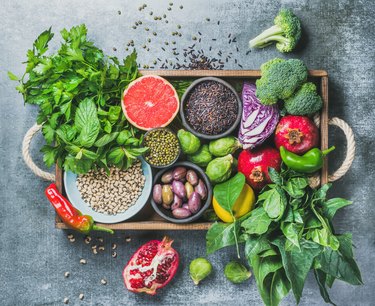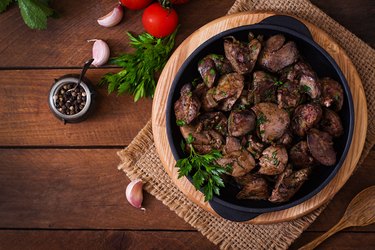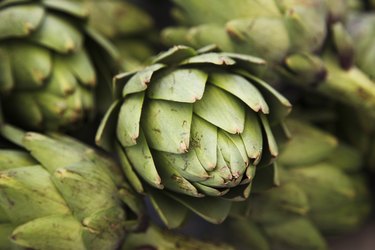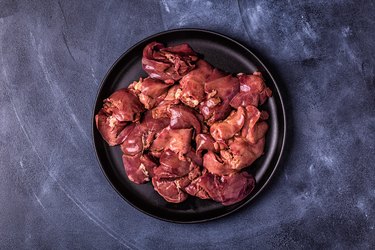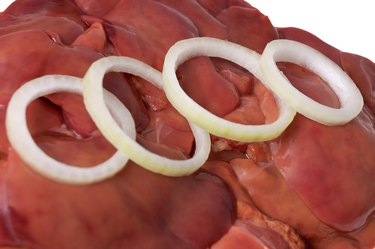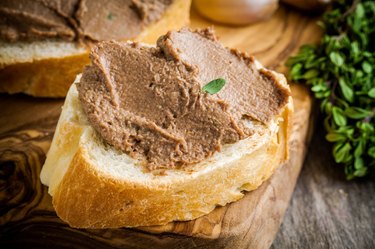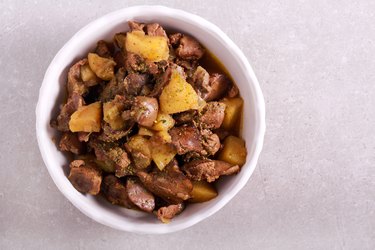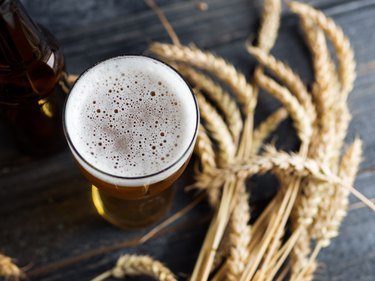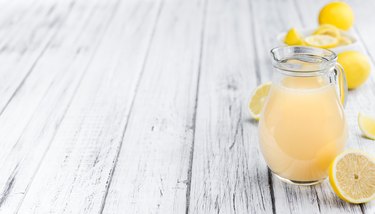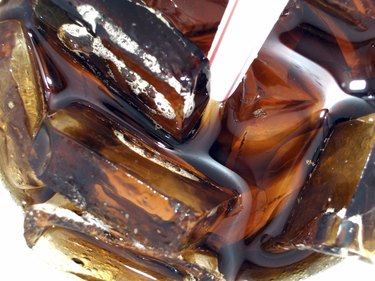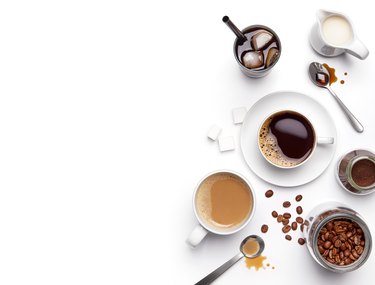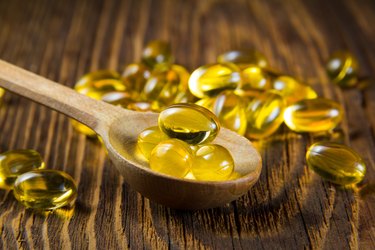At our liver conditions page, we understand that liver diseases can be serious and even life-threatening, affecting millions of people worldwide. We offer a variety of resources to help you better understand various liver issues, including information on symptoms, causes and treatment options.
Our team of medical experts provides in-depth articles on specific liver diseases and conditions, as well as general information on liver health and maintenance. We also offer advice on how to cope with the emotional and psychological impact of liver conditions, as well as information on various liver resources and support services.
Whether you are dealing with a specific liver condition yourself or are supporting a loved one through the process, this page has something for you. We offer practical tips for managing liver symptoms and side effects, advice on how to communicate effectively with healthcare providers and information on various liver resources and support services."
